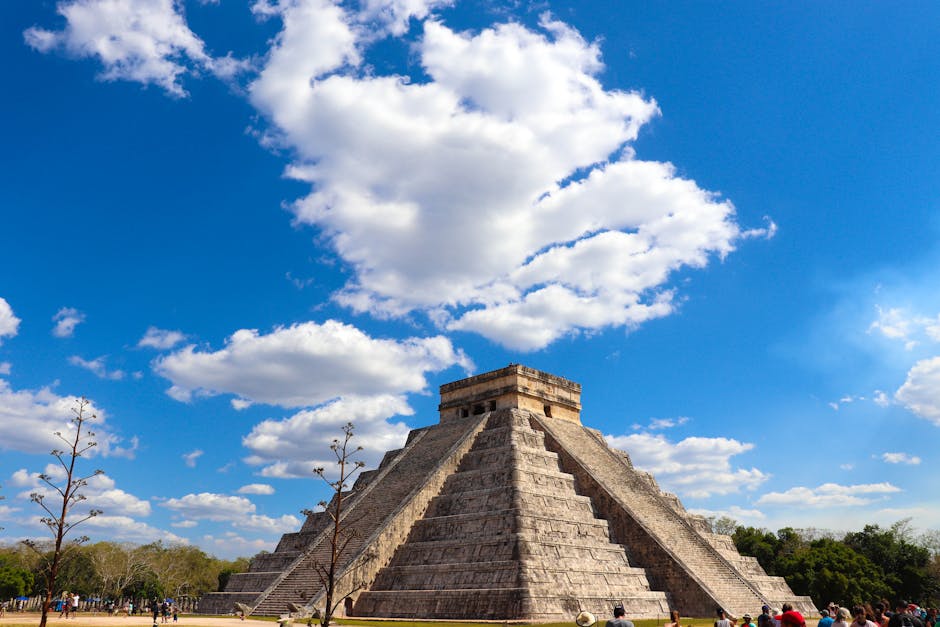The flourishing of Athenian democracy, philosophy, and art during the 5th century BCE, often hailed as a golden age, wasn’t a spontaneous eruption. Instead, it was a carefully cultivated and debated project, shaped by the innovative minds of various individuals. Exploring the intellectual underpinnings of this period reveals a complex interplay of ideas, personalities, and societal pressures, providing a window into the genesis of a remarkably influential civilization.
Early Athenian identity and its democratic ethos were not entirely unique. The polis, or city-state, model itself, with its citizens participating in governance, had antecedents in other Greek communities. However, Athens distinguished itself through a particular set of contributing factors. Solon’s reforms in the 6th century BCE, for example, laid crucial groundwork. His attempts to ameliorate the economic hardships of the lower classes and establish a more balanced system of justice profoundly influenced later Athenian political development. His concepts of isonomia, or equal treatment under the law, resonated with the evolving ideas about civic participation.
The reforms of Cleisthenes, who followed Solon, arguably took the most significant step toward a truly democratic system. He created the deme system, fostering a more participatory model of governance, and implemented the practice of ostracism, allowing citizens to temporarily remove potentially tyrannical leaders. This process was arguably an experiment in controlling potential autocracy, shaping the early contours of Athenian direct democracy. His innovations, deeply influenced by contemporary Greek thought, laid the foundations for the revolutionary political structure that would define Athens for centuries.
Beyond political theory, the intellectual landscape of 5th-century Athens was profoundly impacted by philosophical inquiries. Figures such as Socrates stand out as crucial in shaping the intellectual climate. While he left no written works, his teachings, as documented by Plato, dramatically influenced philosophical discourse. Socrates’ emphasis on critical questioning, self-knowledge, and ethical reasoning profoundly affected the Athenians. His questioning of prevailing societal norms and his relentless pursuit of truth provoked debate and challenged traditional understandings, fostering a culture of intellectual curiosity. The willingness of Athenians to engage in these dialogues underscores their openness to new ideas, a key component of their cultural flourishing.
The contributions of other philosophers, particularly Plato and Aristotle, though not fully active in the 5th century, built upon the foundations laid by Socrates. Plato, a student of Socrates, explored the relationship between knowledge and the ideal state, while Aristotle, in his own right, made substantial contributions to logic, rhetoric, and biology. These later thinkers weren’t merely reacting to the intellectual currents of their time but rather actively shaped and expanded upon the concepts introduced by their predecessors, effectively cementing Athens’ role as a cradle of philosophical thought.
The impact of art and drama also played a significant role in the societal and intellectual evolution of the period. Aeschylus, Sophocles, and Euripides, among others, created tragedies that examined complex moral dilemmas and societal issues. These plays often explored the relationship between mortals and the gods, the concept of justice, and the meaning of human existence. The Athenian audiences’ engagement with these works fostered critical thinking and a deeper understanding of human experience. Their creative expression reflected the evolving intellectual environment, highlighting the inherent connection between artistic innovation and societal development.
Further contributions came from Pericles, a prominent statesman. His leadership fostered the construction of the Parthenon and other magnificent architectural projects, reflecting a profound societal confidence and appreciation for aesthetics. Pericles’ vision, deeply influenced by the prevailing intellectual currents, epitomized Athens’ devotion to both the practical and the sublime. His dedication to building a powerful and culturally rich city reinforced the growing identity of Athens as a significant force.
It’s crucial to acknowledge that this intellectual revolution wasn’t without challenges. Internal political struggles, foreign conflicts, and the complex social dynamics of the time all played a role. For instance, the Persian Wars, while testing Athenian resilience and unity, also stimulated an intense sense of cultural pride and a collective desire for excellence. This desire, inextricably linked to the ideas being debated and championed, ultimately drove the ambitious projects that defined the Athenian Golden Age.
In conclusion, the Athenian Golden Age was not simply the result of a single individual or a singular idea. Instead, it was a product of an intricate interplay of ideas, personalities, and societal pressures. Solon, Cleisthenes, Socrates, Plato, Aristotle, Pericles, and numerous other individuals, each contributing their unique perspective, shaped the political, philosophical, and artistic landscape of Athens. Their contributions, viewed through the lens of history and archaeology, provide a powerful example of how the intellectual pursuits of a civilization can shape its very character and define its legacy for future generations. Their ideas continue to resonate today, reminding us of the enduring power of human inquiry and the impact of individual thought on the grand sweep of history.
